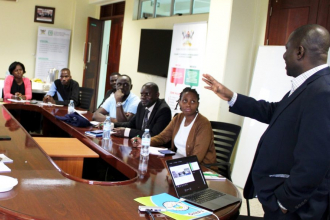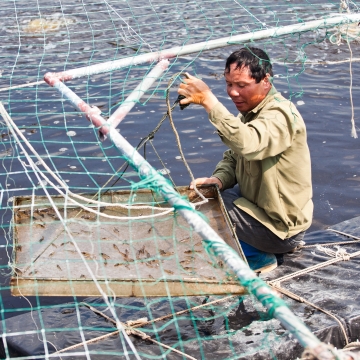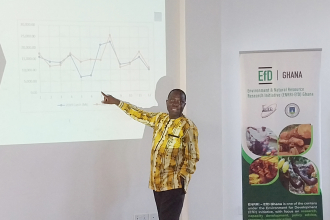This study uses a choice experiment to characterize market segments (consumer preferences heterogeneity) based on three attributes of seafood (mussels) that are affected by ocean acidification: shell appearance, meat color, and nutritional composition. Using a sample of 1,257 individuals from two main cities in Chile, we estimate both the Mixed Logit model and the Latent Class model. We use the individual-specific posterior (ISP) parameters’ distribution to categorize consumers’ heterogeneity based on the signs and intensity (i.e., like or dislike dimension) of these ISPs.


